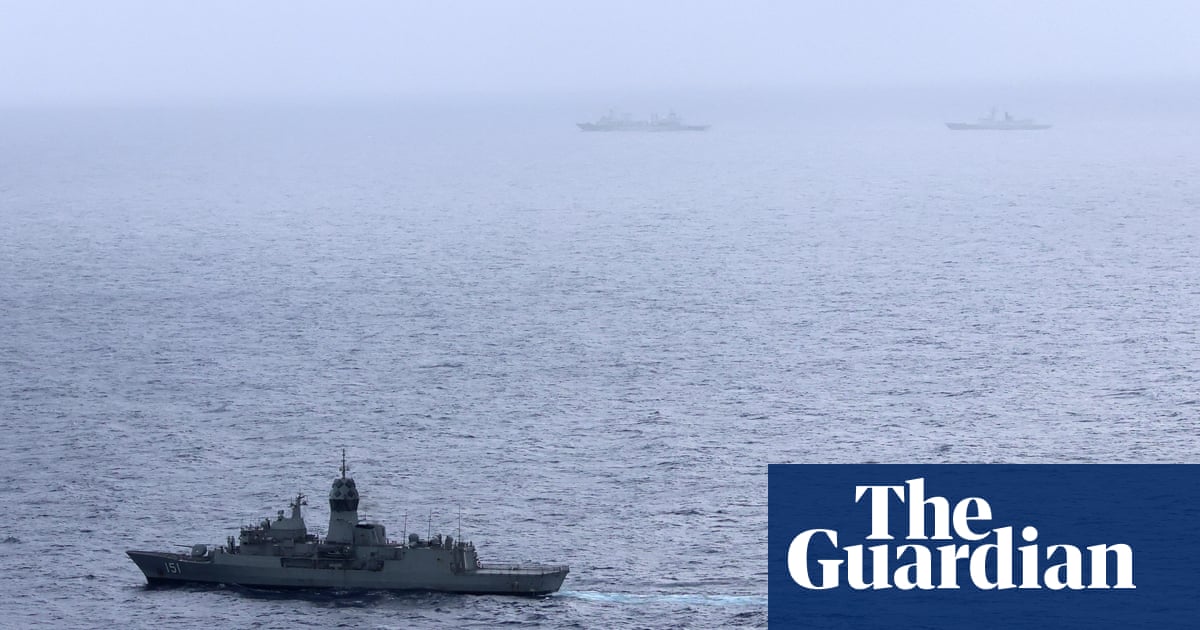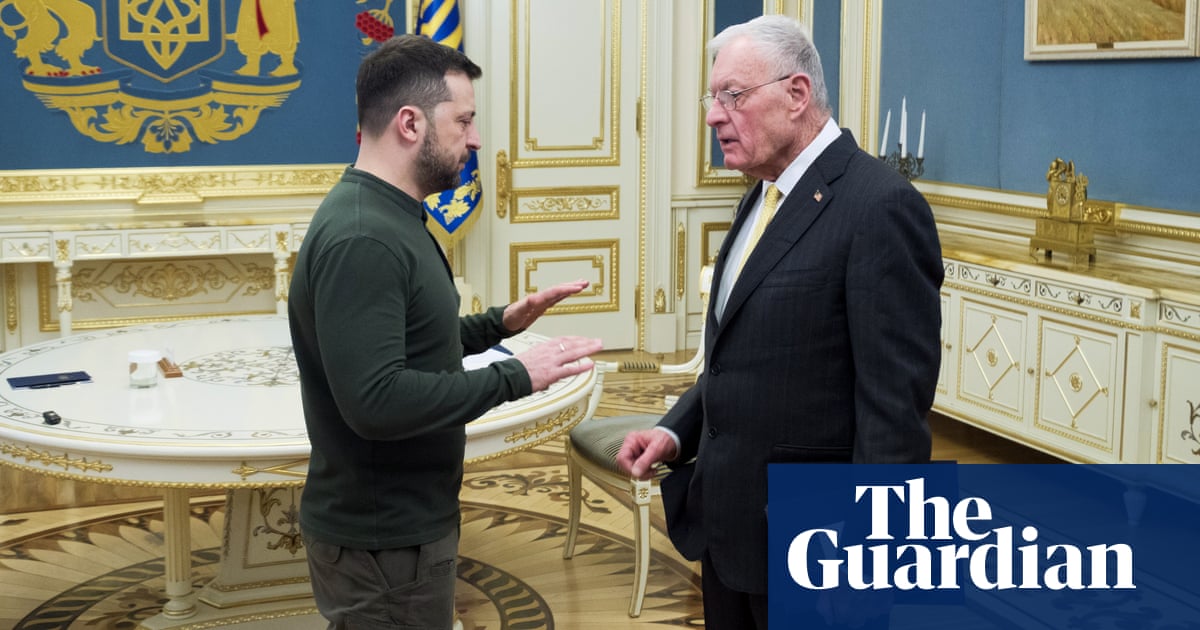
Standing under the shade of trees outside the Cook Islands parliament this week, Fe’ena Syme-Buchanan questioned a controversial deal signed with China that has sparked concern across the Pacific country.
The photographer from Rarotonga feels mixed emotions about the agreement prime minister Mark Brown struck with Beijing last week, describing it as a “double-edged sword”.
“There’s potential for economic growth, business expansion and better infrastructure, all of which could benefit locals like myself,” she says.
“But let’s be real – opportunities like these don’t come without cost. The Cook Islands is small, and when you sign deals with economic giants like China, you have to question the long-term consequences.”
The agreement with China marks the first time the Cook Islands has struck a major deal with a country outside its traditional partners, former colonial ruler New Zealand and Australia. The agreement centres on economic, infrastructure and maritime cooperation and seabed mineral development, among other areas. It does not include security or defence.
But a lack of consultation with New Zealand led to a diplomatic row with Wellington and protests in the Cook Islands this week. Cook Islands operates in “free association” with New Zealand and while the country of about 17,000 people governs its own affairs, New Zealand provides assistance with foreign affairs, disaster relief and defence. Its citizens hold New Zealand citizenship.
Syme-Buchanan was one of more than 400 Cook Islanders who took part in the protest prompted by the deal causing harm to relations with New Zealand, as well as perceived attempts to cut ties with Wellington after the Cook Islands proposed creating its own passport. The plan was later abandoned.

Teariki Heather, an opposition member of parliament and the leader of the Cook Islands United party, organised Tuesday’s rally to “assure” New Zealand that “we love to keep our passport, that we care about our relationship as well”.
“The prime minister has misled the whole country without consulting the agreement with the people and with our closest ally and constitutional partner, New Zealand, who has looked after us for the past 60 years,” Heather says.
“The relationship with New Zealand means a lot to us Cook Islanders and the reaction from New Zealand about the lack of consultation and its impact is a cause for concern for us.”
Concern over ‘vague’ deal
In addition to upsetting relations with Wellington, the deal has been criticised by politicians and residents for lacking detail – and casting doubt over what long-term impacts it may have in the Cook Islands.
On Thursday, Brown said the lack of detail was deliberate “because the detail will be in any negotiations that will take place for any potential future projects”. He said there were “no projects or no actual engagements that have been signed up to”. Cook Islands has secured a NZ$4m ($2.3m) grant from China, which Brown said would be primarily used on renewable energies.
Chinese premier Li Qiang, who met Brown before the deal was signed, said China was committed to equality among all countries, big or small, and supported the Cook Islands in choosing a development path suited to its national conditions. Li also said China was ready to push for deeper and mutually beneficial cooperation on oceans, infrastructure, agriculture and fisheries.
The agreement also aims to attract more Chinese visitors to the Cook Islands to boost the country’s tourism industry, which contributed over half a billion NZ dollars to the economy last year.
Liana Scott, the general manager of the Muri Beach Club Hotel, a boutique property located in Rarotonga’s tourism district, says the “vague document” might look enticing but the Cook Islands needs to be cautious of its long-term impacts.
“While investment and bilateral relationships may seem appealing, China or any other superpower country for that matter often comes with long-term economic and political dependencies.”
Scott says the China deal could undermine local businesses, and the focus should be on reducing debt dependence to “free us from foreign influence, secure financial stability and prioritise local development”.
‘Best for our country’
Not all Cook Islanders are apprehensive about the country drawing closer to China. Some see it as an opportunity to seek better support, particularly in shipping and agriculture.
Puna Vano is the executive officer of the island government on Penryhn, which is the northernmost and most remote island in the Cook Islands group and one of the 15 islands that make up the country. The combined total land area of all the islands is about 236.7 sq km, but the exclusive economic zone (EEZ) covers about 2m sq km of ocean.
Vano welcomed Chinese support for an inter-island shipping vessel to help transport goods and people from Rarotonga to other islands.
“Shipping is a major issue for us in the northern group. We get a vessel here every four to five months and by that time we are out of basic goods. Things are also very expensive – almost twice the price from Rarotonga – and hopefully the government shipping service will lower the freight costs so things will be a bit cheaper,” Vano says.
“It’s difficult for us living in the northern group. There is nothing here for us, the grass is greener elsewhere in Rarotonga, New Zealand and Australia, but it’s the love for the island that keeps the people here.”
While Vano is wary of the ongoing diplomatic rift between the Cook Islands and New Zealand, he believes Cook Islands leaders should be “trusted” to do what is best for the nation.
“It is easy to stand outside and point at things unless they come in and sit and live the realities that we face on the ground every day,” he says.
“I feel the prime minister is hearing our concerns and he is going out to find some assistance. We voted for him and his government so that they would represent us in the best interest of the nation, while balancing the pros and cons of any decisions they make.”
Danny Mataroa, a traditional leader and grower from Rarotonga, says that just like New Zealand, the Cook Islands had every right to seek the best for its people.
“This China deal could be easy money but I’ve confidence in our leadership that they have negotiated the best for the country, the people and our future.
“We have learned from the experiences of other Pacific countries that may have rushed into agreements without careful consideration,” Mataroa says. “I’m sure our government has learned from those experiences and is not making the same mistakes.”










 English (US)
English (US)